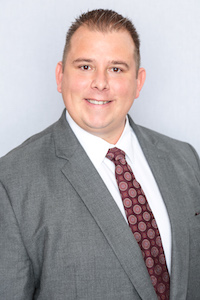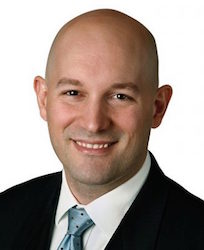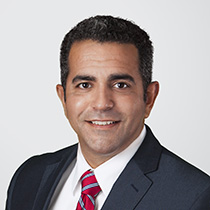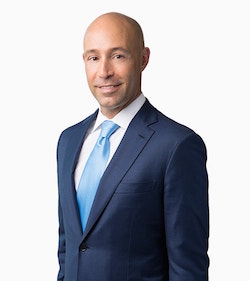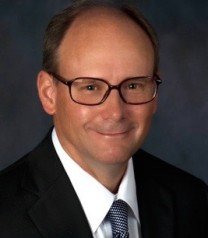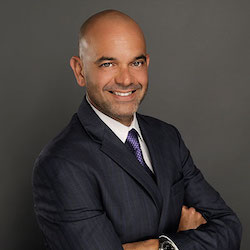Michael Colantuono is our Latest Featured Speaker!
Our latest featured speaker is Michael Colantuono from Colantuono, Highsmith & Whatley!
Michael will be speaking at our upcoming Appellate Law Certified Legal Specialist Exam Prep course in Los Angeles on September 12th and 13th. He also received rave reviews at our 2017 Appellate Law Certified Legal Specialist Exam Prep course, as well as at two of our Annual Advanced Appellate seminars. We’re glad to have you with us again, Michael!
Michael has specialized in municipal law since 1989. He is certified by the California State Bar’s board of Legal Specialization as a Specialist in Appellate Law and is also Secretary/Treasurer of the California Academy of Appellate Lawyers, an association of fewer than 100 of the most distinguished appellate lawyers in California. He has argued 8 cases in the California Supreme Court and appeared in all six of the California District Courts of Appeal, as well as trial courts around the State.
Michael has expertise in a broad range of areas of concern to local governments in California, including constitutional law, land use regulation, open meetings, elections, municipal litigation, conflicts of interest, public utilities, LAFCO issues, inverse condemnation, cannabis regulation, and a wide range of public finance issues involving taxes, assessments, fees and charges.
Michael is perhaps California’s leading expert on the law of local government revenues, briefing 18 cases on that subject in the California Supreme Court since 2004. California Chief Justice Ronald M. George presented him with the 2010 Public Lawyer of the Year Award on behalf of the California State Bar. Two successive Speakers of the California Assembly appointed him to the Board of Trustees of the California Bar, the state agency which regulates the practice of law in California. His fellow Trustees elected him Treasurer and President of the Bar and the California Supreme Court appointed him as Chair of the Board of Trustees.
Michael currently serves as City Attorney for the City of Grass Valley and General Counsel for the Grass Valley Redevelopment Agency Successor Agency, the Calaveras County LAFCO, the Oak Tree Park and Recreation District, the Higgins, Ophir Hill, Penn Valley, and Rough & Ready Fire Districts and the Camarillo Healthcare District. He previously served as City Attorney of Auburn (2005–2019), Barstow (1997–2004), Calabasas (2003–2012), Cudahy (1994–1999), La Habra Heights (1994–2004), Monrovia (1999–2002), and Sierra Madre (2004–2006), as General Counsel to the Auburn (2005–2019), Barstow (1997–2004) and Sierra Madre (2004–2006) Redevelopment Agencies, and as General Counsel of the Big Bear City Community Services District (1994–2001).
As perhaps the foremost expert on Propositions 218 and 26, Michael assisted the Legislative Analyst’s Office in the impartial analysis of the earlier measure and co-chaired the committee which drafted what became the Proposition 218 Omnibus Implementation Act of 1997. He also chaired the committees which drafted the League of California Cities’ Prop. 26 and 218 Implementation Guide.
Michael was elected by his peers to serve as President of the City Attorneys’ Department of the League of California Cities in 2003–2004.
Michael was appointed by the Rules Committee of the California State Assembly to the Commission on Local Governance in the 21st Century. The Commission was formed to study the Cortese-Knox-Hertzberg Local Government Reorganization Act and the bulk of its recommendations became law. Michael was deeply involved in drafting both the committee report and the statute.
Michael graduated magna cum laude from Harvard University (BA 1983) and received his law degree from University of California, Berkeley School of Law (JD 1988), graduating first in his class. While in law school, he was an Articles Editor of the California Law Review and became a member of the Order of the Coif upon graduation. Michael was law clerk to the Honorable James R. Browning, Judge of the United States Court of Appeals for the Ninth Circuit, in 1988–1989.
He taught Administrative Law as an adjunct Professor of Law at the University of California, Berkeley School of Law in 1995 and is a frequent speaker and trainer on a wide range of public law topics.
Michael comments on local government and municipal finance topics on Twitter (@MColantuono) and LinkedIn (Michael Colantuono).


